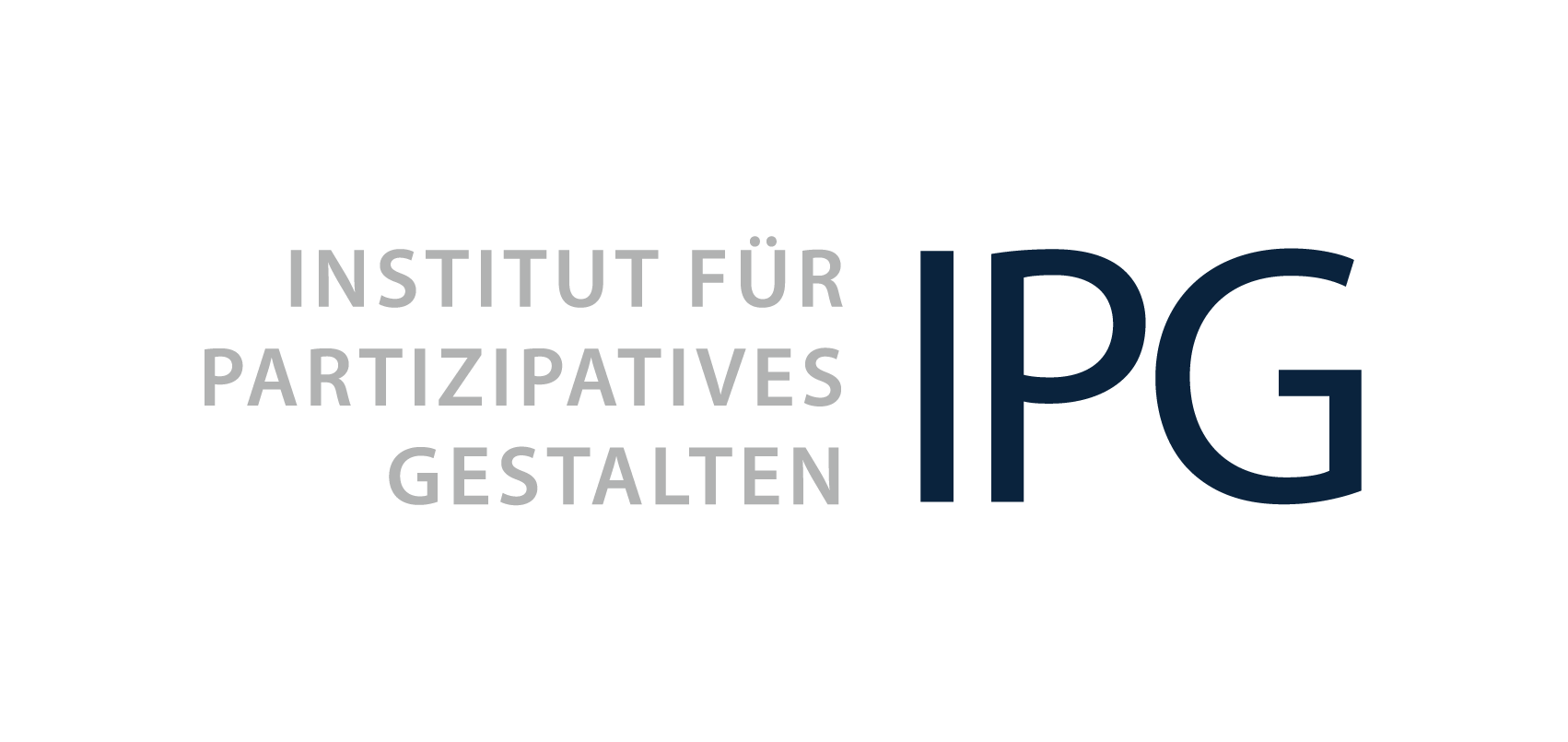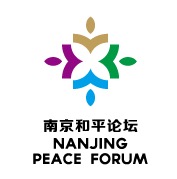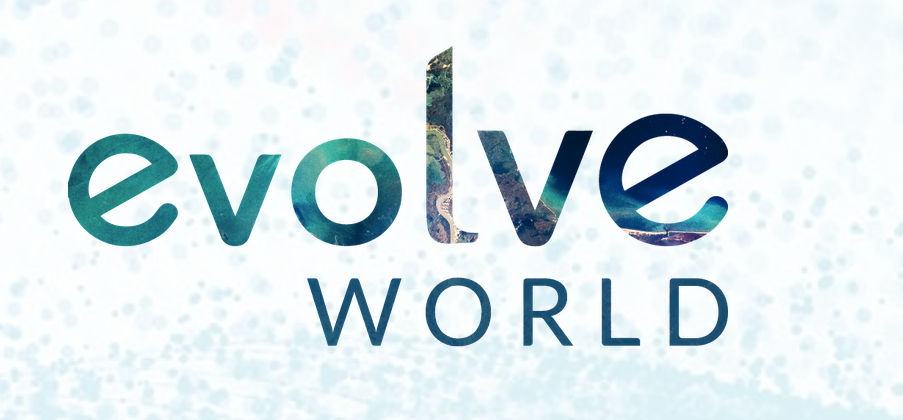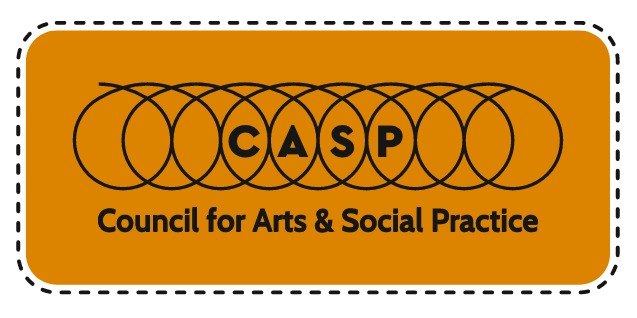SELECT & VOTE
Phase 2 | 10 - 15 June 2022 [Voting 2022, complete]
On this page you can see 89 participant questions that came in by 1 June 2022 deadline. They were voted on to select the 14 assembly - questions. See the questions gathered in themed groups on a digital board and as a list below.
The questions you shared, created the substance to explore together.
7000 HUMANS aspires to uncover, reveal and formulate the questions ‘hiding’ in the challenges, situations and crises of the present.
What are the truly significant questions of our times? What helps us listen to what is calling us from the future?
See the questions clustered on a digital board by the 7000 TEAM.
The distillation process took place from 2 - 9 June coordinated by a team of 7000 HUMANS volunteers who grouped the submitted questions.
The 70+ submitted questions are each 'carried' and kept alive in a person or group. Although voting for 2022 has now closed, all these questions will remain on this page. These questions and the questions of new participants who register after June 2022 are visible on the global map and on a participant list on the VIEW page.
VIEW EMERGING THEMES
Here you can explore the questions -organised in themed groups- that came in before the 14 weeks of assemblies.
A team uploaded the incoming questions, identifying themes and creating a 'landscape of questions'. Exploring this landscape might inspire new ways of connecting questions and of clarifying your own question.
Every question on the board has a number that corresponds to the numbers on the list. This can help you take note of what interests you as you explore the themed clusters on the digital board.
Use the VIEW THE PROCESS button to go to the digital board.
70+ SUBMITTED QUESTIONS 2022
VOTING HAS CLOSED. This was an earlier Phase when all registered participants were invited to vote for their favourite questions from the list of submitted questions below. Although voting is closed, you can still submit a question, which will be shared publicly.
In 7000 HUMANS 2.0 there will be a different process for arriving at the working-group questions: through consensus decision making processes
70+ SUBMITTED QUESTIONS / LIST 2022
Q1
Can we prove that we humans are not self-destructive creatures?
Q2
How can we learn to see the land as a community of life and live as if we are part of it?
Q3
How is the creative process in connection with a tree?
Q4
What does it mean to live a life with and for trees, transforming the agenda to one in which humans are there for the benefit of these forms, not the other way round?
Q5
How can we link spaces and beings that are separated by long distances and characterise themselves by very different ways of living and experiencing?
Q6
I wonder if the 7000 oak trees project was a project to summon Christ into the etheric world by connecting the mineral and plant worlds? I would like to know what you all think.
Q7
How can we rewild our imaginations in order to respond with imaginative solutions to the ecological emergency?
Q8
How can we find our abilities with art?
Q9
In a complex information environment, where is the line between freedom of speech and the malicious slander and intentional dissemination of fake information?
Q10
How do we move from doing to being?
Q11
what. is. the object. of Art?
Q12
How can the connection to nature and love of nature be anchored in the hearts of all people? / Wie kann die Naturverbundenheit und Liebe zur Natur in die Herzen aller Menschen verankert werden?
Q13
How do trees hold space, grow, relate and share their gifts... And what can we learn from these observations and conversations?
Q14
What wants to emerge in us for the future when we just listen to it?
Q15
How can a process of the ‘resurrection’ of a tree be represented in an artistic way?
Q16
People's emotional wounds can be healed by art, or they may become even worse. How can artists deal with a wounded heart?
Q17
How do you think people can make the world a better place for the future?
Q18
Why do humans stuff themselves into a grain of sand?
Q19
How can we overcome material inequalities on a global level? What kind of political movement do we need today to push redistribution and access to basic livelihoods for everyone?
Q20
What is the difference between fair, just and equal?
Q21
How can we heal our anthropocentric and self-addicted human mind and become one equal member of the faunaflora Earth-Community again ?
Q22
What kind of encounters and experiences can enable people to redefine their values and understanding of happiness?
Q23
What if the imaginary friends we are told are fake are actually part of our spiritual nature that we created to maintain a communication and what if this connection can access fields of new possibilities to create something new?
Q24
Do we want to survive?
Q25
How can we stop the increasing machismo in the world?
Q26
What would life be like without mirrors?
Q27
How do we speak for trees? How do we get people who want to cut down trees to hear what trees have to say?
Q28
My question is : How can I find the right questions?
Q29
What is a human?
Q30
We are interested in the following question 1.How is the living situation of the plants in the city, especially the weeds 2.What opinions people hold to the plants and the way they live with them 3.Local knowledge, indigenous experience and emotional connection with plants 4.Ethical relationships between human and the nature and environmental justice
Q31
Why can't the people/us stop wars? Why do the people think that they need military force to conquer military force?
Q32
How can we stop the idea that we always should grow? That everything always should grow? No mercy; Growth! Bigger! Higher! More! Stagnation means decline! How do we stop this conviction. For it is a lie and it exhausts the planet and everything on it. In nature nothing grows on forever. How can we disprove this conviction? How do we get this to people's awareness? In a gentle way, without hatred or preaching?
Q33
How can we be gentle to each other?
Q34
As artists doing work that's important to the planet, how do we create work that reaches those people out of our artistic silos and change minds?
Q35
What projects of personal and/or collective poetic development would you engage in if you were guaranteed a universal basic income?
Q36
How do we create a field of 'listening to trees' amidst the rupture of cultures that neoliberal developmental displacement brings?
Q37
What is the role of language cultures in making social honey?
Q38
How can the warmth aspect of a community of like minded people ‘return forest land to the wild’ one square meter at a time?
Q39
How can I develop and test the first prototype of a self-help learning system* for people experiencing poverty in Germany as quickly as possible?
Q40
What does it mean to listen to nonhuman worlds, and how can we be sure that we hear it?
Q41
Why people kill others or themselves although no one can escape death?
Q42
How can we be a gain for the common evolution of the earth and humankind? Including: What inner attitudes can we strengthen? What habits shall we change? What abilities do we have to develop?
Q43
What have you done and shared today to make the future full of possibilities and creative?
Q44
Doesn't our planet get angry with this rapid urban development like new building construction or the opening of new subway lines in urban areas? Does it have to be that convenient?
Q45
How to enable urgent, serious and profound exploration across mind-sets, generations and disciplines about the difference between life and a machine, and a human being and a machine, so as to appreciate and understand 'life' and protect it from this ever deepening, fundamental confusion?
Q46
Where does being stop and belonging begin? Or can they co-exist?
Q47
What do you think is your joy of life if you lose money, job, social status?
Q48
The Sequoyah story may connect to forms of noble savage myth that are unhelpful today. What new myths will help us move forward? Is there a more productive connection between the sequoia and the wisdom of First Nation communities? I would like to work with this tree to investigate my question.
Q49
Please imagine the morning of the day your tree buds sprouted. Were there any animals, any other plants or any insects around? What did the tree think of its birth? And what kind of future did the tree expect to grow there?
Q50
How can we 'translate' our experiences from one socio-cultural local context to another? How can we facilitate meaningful, deep intercultural learning?
Q51
How can a human being learn from a tree? What if we asked all the 7000 humans to visit my tree partner virtually or in real life and then imagined how they are perceived, what this linden tree with a rather unique "life story" would think about them: in what way they differ from the other 7,944,514,000 humans?
Q52
How do we find each other and connect our hearts to bring the love revolution into the world we live in?
Q53
If ‘only everyone can know the truth’ (Goethe?) how ever can we individuals contain the contradictions AND make meaningful actions? Can we identify a co-creative starting point that contains & allows its opposite?
Q54
When I look at the world and think of how we have shaped it, it seems that greed, aggression and delusion have directed our shaping abilities. What world can we shape when our abilities are nourished and directed by thinking from a Warmth Body of the world?
Q55
Are the transformation of consumption at the personal level and the transformation towards sustainable economy necessarily corresponding processes?
Q56
How will we form our attitude to creativity today?
Q57
The planet we live on is in a real crisis right now. Some environmental situations are so bad that it is already too late. However, the lives of people living in developed countries remain very rich. They can eat as much food as they want. On the other hand, in other parts of the planet, there are many people who have been starving for a long time. Many people, including myself, know about such a situation, yet the situation has not changed for decades. Why is that?
Q58
How many names of trees do you know? Is that number more or less than the number of your friends?
Q59
How can we most meaningfully address global issues within the format that 7000 humans provides?
Q60
How all the questions that will be asked, reflect in me, in all of us. What do they express of our very needs? How each of us can contribute by echoing inside us our perception of the outer world?
Q61
Can we hold within our modern mind with all its turmoil and business the ancient connection we once had to the forest and what I'll call for want of a better term, a forest spirit?
Q62
How can we make sure that people are committed to the cause here and not mixing their own issues in?
Q63
How can we prevent single people from gaining so much power that they can destroy the world and how can we empower the many in all their diversity so that they can create a world of freedom, peace and abundance?
Q64
How can we create a nice replacement of money?
Q65
How do we sing a joyful song along with the trees and find our way to the tree of life and to the river of life? Local context: We live in the Willamette Valley - "Willamette" gallicized then anglicised from Kalapuya, "Whilamut" = "River of Life" "Fluss des Lebens" "Río de la Vida". Alternately: "Where the river ripples and runs fast".
Q66
Sometimes I think that the people don't care about their natural environment because they don't care about themselves.
Q67
How can more than human relationships with trees help us to develop more empathy and love for both the natural world and ourselves and ultimately re-write the narrative in environmental activism?
Q68
How do we bridge the widening abyss between opinions?
Q69
How can we become more conscious of the interconnectedness of everything, so that we may fully enjoy the interconnectedness, and act from the consciousness?
Q70
How do we release those energies which have charged the art of humanity and how can they help us in the struggle for creation against destruction?
Q71
How can re-framing young people's understanding of reality; themselves, others and their relationship with the world, help shift consciousness into a humane, ecologically viable future?
Q72
How do we achieve a new Common Ground which makes collaboration instead of competition self-evident? Does it have a special frequency and what does it sound like?
Q73
How can we as humans in the present relate to ecological and social violence from the past and from elsewhere? How can we attune our senses to engage and transform in meaningful ways?
Q74
How can we deal with the self-destructive tendencies in humans? How do we decide what possible means we practice and which not?
Q75
Einstein: ‘The intuitive mind is a sacred gift and the rational mind is a faithful servant. We have created a society that honours the servant and has forgotten the gift’. Einstein could have said: ‘We are creating a society that honours ARTIFICIAL INTELLIGENCE and is forgetting the gift’. How can we make true: ‘The ARTIFICIAL INTELLIGENCE is a faithful servant of the intuitive mind!
Q76
How can we save trees from being colonised?
Q77
What would I like to see eliminated?
Q78
Do you talk to trees?
Q79
How can we, if we see the same, finally unite? How can we overcome corruption? What is the one source of the big dilemma?
Q80
-At which fire do you sit? -Where are your resonances? -Which sounds are living inside you? -Where is the shift? -What do we have to leave? -Which question do you neglect?
Q81
How can we remember that we are ecological beings?
Q82
Have you always had a favourite tree or stone? Or did this project make you aware of them for the first time? If so, what did it bring you?
Q83
How much of my core ego am I willing to set aside in favour of the community as a whole, worldwide? What does it look like to suspend my ego to connect to that whole?
Q84
How do you listen to what is needed?
Q85
What would a school look like, if Joseph Beuys were its principal? And what, if Joseph Beuys were the Minister of Education?
Q86
Can the elemental beings help us find new fields of education? The dialogue with the being of a field, for me the quarry, can it be respectfully opened, can a balance be found of taking and giving and can my inner ear be developed to resound to any message?
Q87
What is a ‘ornamental tree’? If we may be part of a ‘social mycelium’ what is our relation to creativity, nature and nurture?
Q88
How can we protect and nurture humanness?
Q89
How do we need to rethink our understanding of gender to enable an inclusive world?









